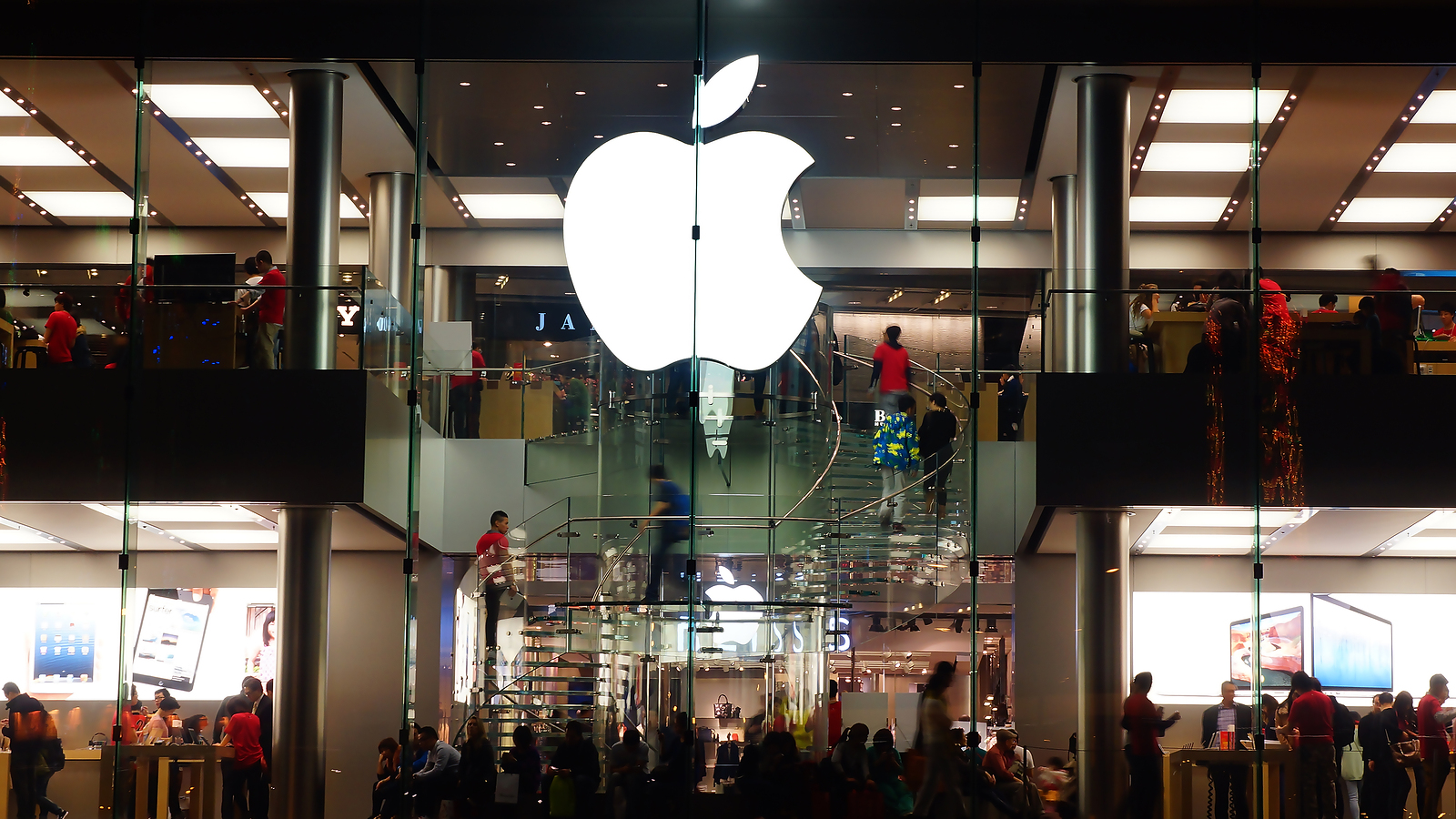Apple fined £385m over University patent infringement
The sum has more than doubled after an initial fine in 2015 was ignored

Sign up today and you will receive a free copy of our Future Focus 2025 report - the leading guidance on AI, cybersecurity and other IT challenges as per 700+ senior executives
You are now subscribed
Your newsletter sign-up was successful
Apple has been ordered to hand over 385 million to the University of Wisconsin-Madison for continuing to infringe a design patent, more than double the original damages awarded to the school in 2015.
A US district judge awarded the Wisconsin Alumni Research Foundation (WARF) 207 million in October 2015, after it successfully demonstrated that Apple had infringed its patent for technology relating to computer processing.
Despite the ruling, Apple continued to use the design until the patent expired the following year and, as a result, has been sanctioned with interest payments.
Apple has said it will appeal the decision, according to court papers seen by Reuters. An Apple spokesperson was not immediately available for comment at the time of publication.
WARF brought the lawsuit against Apple after it discovered some versions of the iPhone were using a technology known as a 'predictor circuit', which is able to improve processor performance by anticipating what commands a user will input to the phone. WARF said it had held the patent to this technology since 1998.
Apple maintained its innocence during the 2015 trial, and said it had no knowledge of the patent while designing the iPhone. It also petitioned the US Patent and Trademark Office to review the legitimacy of the patent, although that argument was eventually rejected.
WARF also brought a second lawsuit against Apple in 2015, claiming that processors in later iPhone models also infringed the original patent, although the judge said he would not rule on that case until Apple was given an opportunity to appeal.
Sign up today and you will receive a free copy of our Future Focus 2025 report - the leading guidance on AI, cybersecurity and other IT challenges as per 700+ senior executives
Earlier this year, Apple successfully ended an ongoing patent dispute with former mobile phone giant Nokia, which was one of a number of companies suffocated out of the market when the iPhone became a success. The Finnish company claimed that Apple had infringed 32 of its patents while developing the smartphone, a battle that only ended when Apple agreed to pay an undisclosed sum, estimated to have been between 390 million and 475 million.
Apple also faces a major legal battle with chip manufacturer Qualcomm, which is attempting to ban the iPhone in the US due to the infringement of six patents relating to its battery. Apple has since hit back, arguing that Qualcomm is using "illegal business practices" and is trying to assert a market monopoly. The International Trade Commission is currently investigating the case, although a resolution is nowhere in sight.
Main image: Bigstock
Dale Walker is a contributor specializing in cybersecurity, data protection, and IT regulations. He was the former managing editor at ITPro, as well as its sibling sites CloudPro and ChannelPro. He spent a number of years reporting for ITPro from numerous domestic and international events, including IBM, Red Hat, Google, and has been a regular reporter for Microsoft's various yearly showcases, including Ignite.
-
 ITPro Best of Show NAB 2026 awards now open for entries
ITPro Best of Show NAB 2026 awards now open for entriesThe awards are a fantastic opportunity for companies to stand out at one of the industry's most attended shows
-
 Mistral CEO Arthur Mensch thinks 50% of SaaS solutions could be supplanted by AI
Mistral CEO Arthur Mensch thinks 50% of SaaS solutions could be supplanted by AINews Mensch’s comments come amidst rising concerns about the impact of AI on traditional software